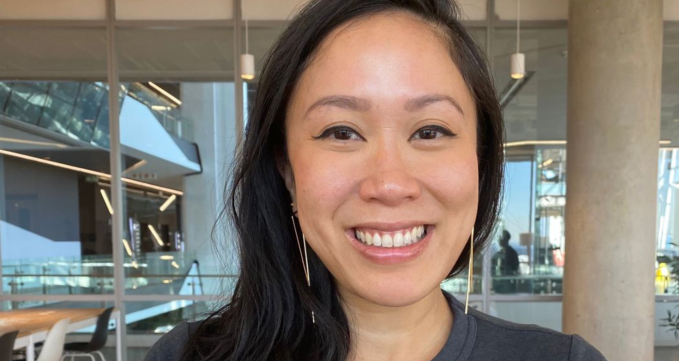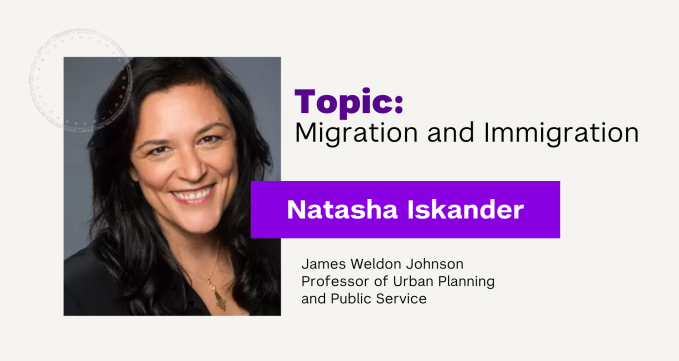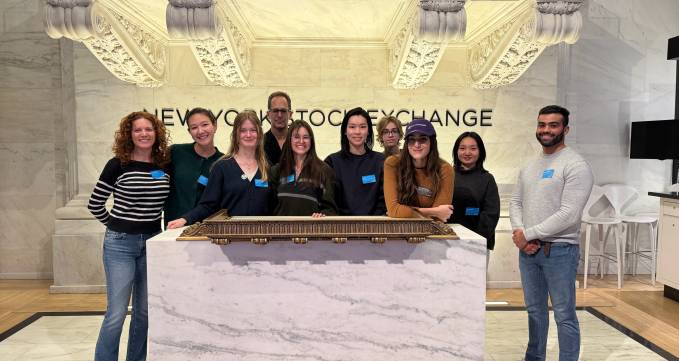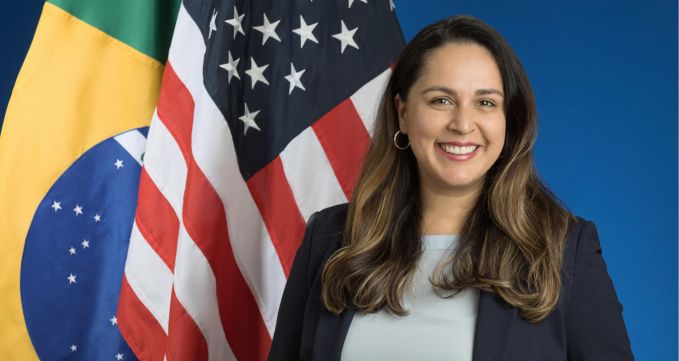ENHANCING OBSTETRIC FISTULA CARE IN UGANDA: BEST PRACTICES AND
PREVENTATIVE MEASURES
Client
UGANDA VILLAGE PROJECT
Faculty
Anna Levy
Team
Rashmi Aher
Bintou Cisse
Khairat Ishola
Maria Olifer
Bintou Cisse
Khairat Ishola
Maria Olifer
Capstone Year
2023-2024
ASSESSING THE IMPACTS OF THE ARUNODAYA PROGRAM
Client
EK KADAM AUR
Faculty
Anna Levy
Team
Faisal Alhedaib
Yue Feng
Yeji Lee
Rishi Soneja
Yue Feng
Yeji Lee
Rishi Soneja
Capstone Year
2023-2024
NYU Wagner Rises in U.S. News & World Report Rankings
The newly released U.S.
Alumni Spotlight: Lilian Liu (MPA 2015)
Lilian Liu (MPA 2015) is Associate Director of Sustainability at Braze where she was hired to build out sustainability and ESG reporting from the ground up. Learn more about her work.
Alumni Spotlight: Andrew Maguire (MPA 2018)
Andrew Maguire (MPA 2018) is Deputy Director of Global Programs at UNICEF USA. Learn about how his time at Wagner informed how he thinks about opportunities for change and influence in the social impact sector.
Alumni Spotlight: Lisa D'Oyen (MPA 2014)
Lisa D'Oyen (MPA 2014), Executive Director of both the Seprod Foundation and Musson Foundation, shares about her current work and the impact of her time at Wagner.




